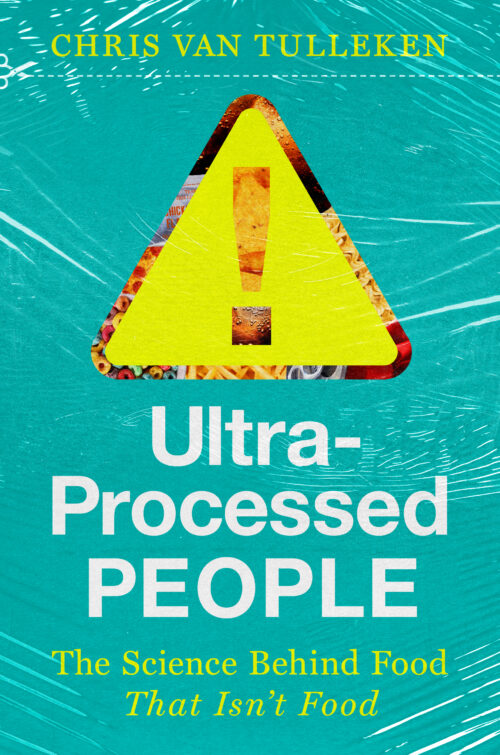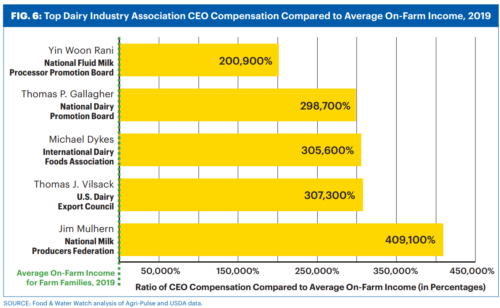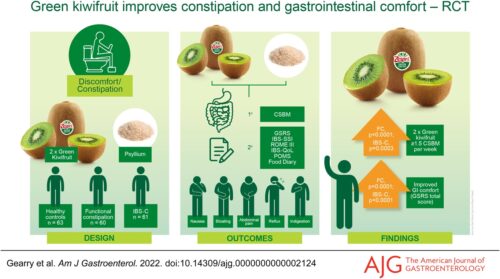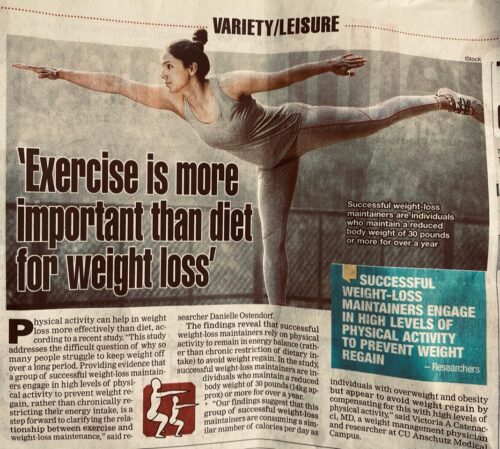Industry-funded study of the week: meat, the microbiome, and cardiovascular risk
Christina Leffel, a public health nutritionist in Florida, sent this one, which with both find amusing.
The study: Effects of Adding Lean Red Meat to a U.S.-Style Healthy Vegetarian Dietary Pattern on Gut Microbiota and Cardiovascular Risk Factors in Young Adults: a Crossover Randomized Controlled Trial – The Journal of Nutrition. VOLUME 153, ISSUE 5, P1439-1452, MAY 2023, https://doi.org/10.1016/j.tjnut.2023.03.013
Method: 19 participants consumed 3 study diets in random order: 1) healthy lacto-ovo vegetarian diet (LOV); 2) LOV plus 3 ounces/d of cooked unprocessed lean red meat (URM); and 3) LOV plus 3 ounces/d of cooked processed lean red meat (PRM). Measures: Fecal and fasting blood samples.
Results: The addition of unprocessed or processed lean red meats to a LOV HDP did not influence short-term changes in bacterial taxonomic composition. When the data from all three diets were combined, “changes in some bacteria were associated with improvements in TC, LDL-C, triglycerides, and HDL-C concentrations, and TC/HDL-C ratio.”
Conclusions: Healthy young adults who adopt an HDP that may be vegetarian or omnivorous, including lean red meat, experience short-term changes in gut microbial composition, which associate with improvements in multiple lipid-related cardiovascular risk factors.
Funding: “The study was cofunded by the Pork Checkoff, North Dakota Beef Commission, Beef Checkoff, and Foundation for Meat and Poultry Research and Education. The supporting sources had no role in study design; collection, analysis, and interpretation of data; writing of the report; or submission of the report for publication.
Author disclosures: “During the time this review was conducted, WWC received funding for research grants, travel or honoraria for scientific presentations, or consulting services from the following organizations: U.S. National Institutes of Health, U.S. Department of Agriculture (Hatch Funding), Pork Checkoff, National Pork Board, Beef Checkoff, North Dakota Beef Commission, National Cattlemen’s Beef Association, Foundation for Meat and Poultry Research and Education, American Egg Board, Whey Protein Research Consortium, National Dairy Council, Barilla Group, Mushroom Council, and the National Chicken Council. Additionally, SRL received funding for research grants, travel or honoraria for scientific presentations, or consulting services from the following organizations: U.S. National Institutes of Health, U.S. Department of Agriculture, National Science Foundation, Showalter Research Trust, Grain Foods Foundation, CP Kelco US, OLIPOP, Inc, Council for Responsible Nutrition. YW, T-WLC, MT, and CMC declare no conflict of interest. The funder and these other organizations had no role in the design and conduct of the study, analysis, interpretation of the results, and writing of the manuscript.”
Comment: This is yet another industry-funded study in which the funder claims no role–a statement that always makes me laugh. That’s what they all say, despite much evidence that the funding influence in such situations can be considerable, although unrecognized. For details, see my book, Unsavory Truth: How Food Companies Skew the Science of What We Eat.
The meat industry, apparently, is trying to convince vegetarians that they can eat any kind of meat they want and not affect their cardiovascular risk. This, of course, contradicts tons of other evidence, including associations with cancer risk. These risks may not be mediated through the microbiome, however. What this study says is that if you are worried about the risks of meat, you don’t have to worry that it changes your microbiome much, at least under the conditions of this study.





